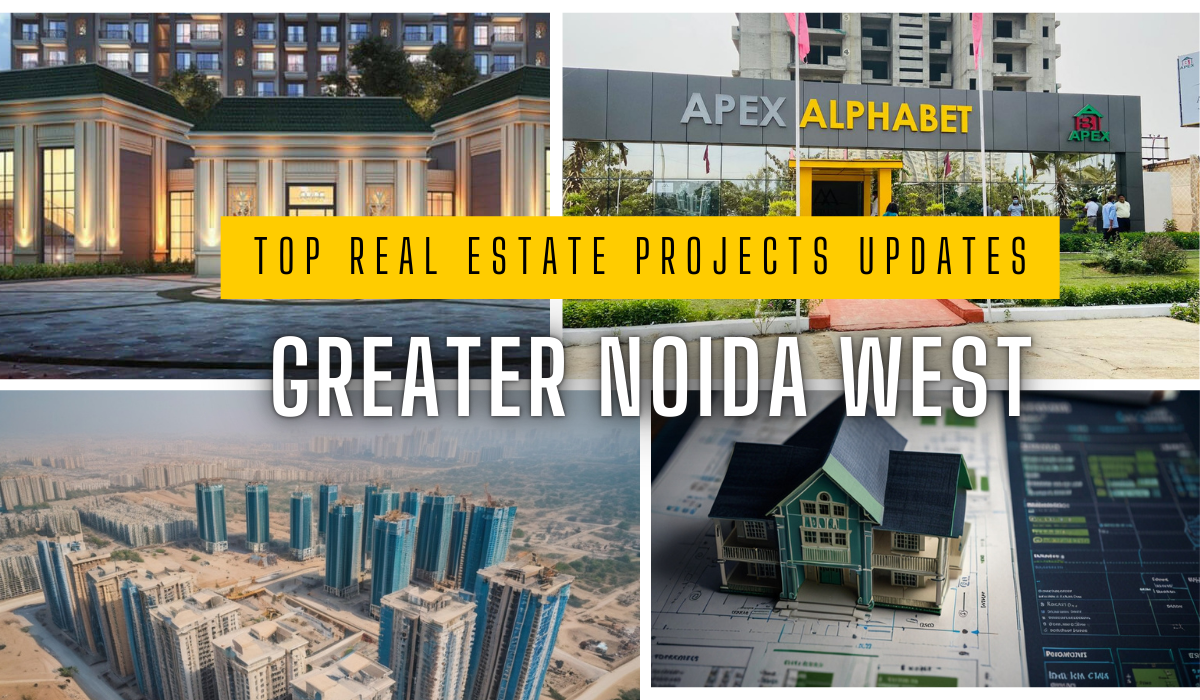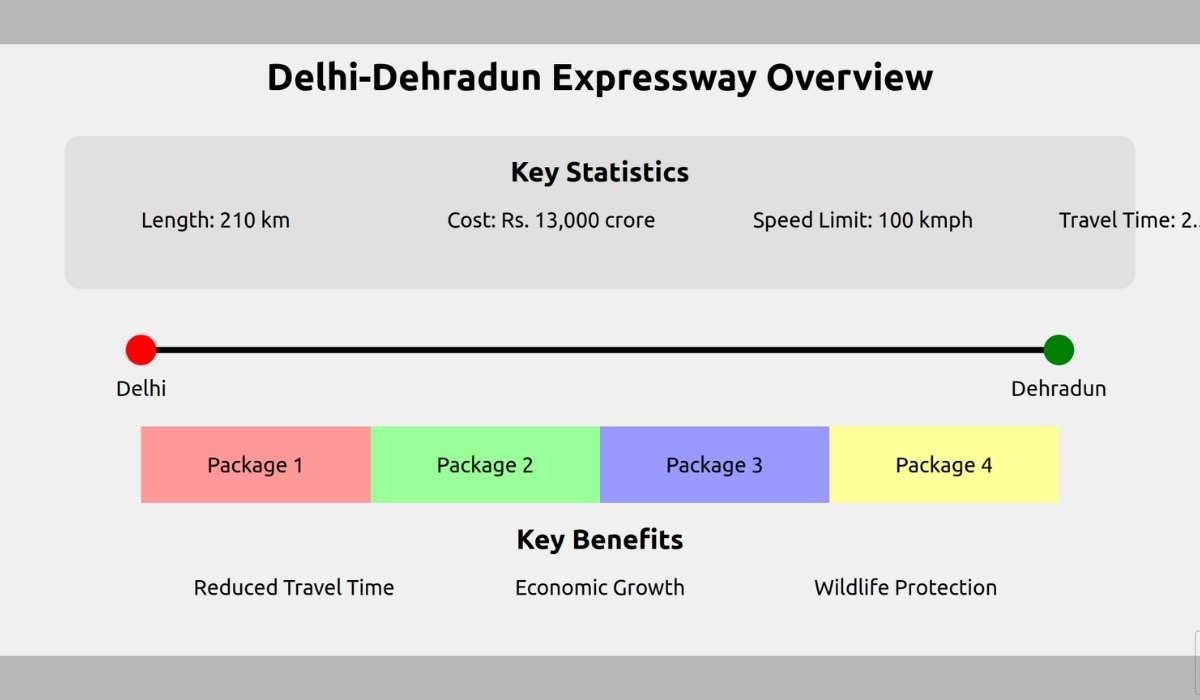India’s commercial real estate (CRE) sector is experiencing a remarkable surge, fueled by rapid urbanization and economic growth. As major metropolises like Mumbai, Delhi, Ahmedabad, and Kolkata emerge as prime destinations for commercial investments, the landscape is ripe with opportunities for investors and developers alike. In this article, we delve into the latest trends, insights, and expert opinions surrounding India’s CRE market in 2023.
Market Overview and Key Trends
- India is home to the third-largest start-up ecosystem globally, driving the rise of commercial real estate.
- India’s CRE market currently stands at $33.62 billion, poised to reach $87.57 billion by 2028.
- The amount of office space leased in India increased by 12% in Q2 2023.
- The Shop-Cum-Office (SCO) model is gaining traction, especially in tier-2 cities like Noida and Gurugram.
- The global market value of smart building systems is expected to exceed $500 billion by 2032.
You’re actually going to see a trillion dollar investment into the real estate sector. It will of course include commercial buildings, real estate, retail, entertainment and also the infrastructure over there which will probably go into multiples of trillions.
Insights from Industry Experts
To shed light on these trends and their implications, we turned to esteemed panelists Mr. Rajiv Talwar, former CEO of DLF, and Mr. Bhairav Dalal, Chartered Accountant and Partner at PWC.
Broader Implications for Major Metro Cities
Mr. Rajiv Talwar highlighted the significant expansion plans of companies, which are set to double their commercial real estate offerings from 2020 to 2030. This translates to millions of square feet in commercial real estate and billions of dollars in investments. Examples of thriving CRE markets include:
- Gurugram
- Mumbai (BKC, Lower Parel, Senapati Bapat Marg)
- Navi Mumbai
- Bengaluru
- Chennai (TIDCO)
- Hyderabad (High-tech and Fintech cities)
- Gandhinagar (GIFT City)
- Delhi (Aero City)
You have a multiple flooring of real estate, logistics, infrastructure, and therefore provision of energy as well as provision of the basic requirements for environment, which water, dwellings, forests, green spaces. And hence, the total overall development of India will be truly in keeping with the dreams of the government, the plans of the government, which intend to make it into a $35 to $40 trillion economy, whether it’s using green hydrogen, whether it’s using renewable power, we are on an upswing, the kind of which the world will look forward to seeing.
Innovative Designs and Mixed-Use Developments
Mr. Bhairav Dalal emphasized the significance of flexibility and mixed-use nature of developments in successful CRE projects. Pre-COVID designs focused on single-use spaces, while post-COVID designs prioritize mixed-use developments incorporating retail, entertainment, food and beverage, and hospitality elements. Successful examples include:
- Hyderabad’s High-Tech City
- Gurugram’s infrastructure development and commercial real estate growth
Even today we see more and more companies wanting to undertake commercial real estate over there, which only means that there is so much demand. And more and more demand will only lead to more and more economic activity.
Government Policies and Implications
Mr. Talwar highlighted the redesigning of the SEZ Act as a crucial step taken by the Finance Ministry and the Ministry of Commerce. The changes allow for greater movement between flows, increased infusion of GST and IT into buildings, and easier division of offices to meet export and processing requirements. Additionally, the introduction of GST has streamlined accounting and decision-making processes.
For investors, heightened economic activity in major metros and super metros presents attractive investment opportunities. Developers should focus on technology infusion, innovative designs, and the use of new materials to expedite construction and provide superior working environments.
Unlock Your Dream Home Today!
Get personalized real estate insights delivered straight to your inbox.
Sustainable and Eco-Friendly Initiatives
Developers are prioritizing green initiatives by breaking down each aspect of the construction process. Key focus areas include:
- Renewable power consumption through partnerships with electricity boards
- Eco-friendly materials and transportation methods
- Proper disposal of construction materials to minimize pollution
More and more we talk to commercial real estate developers. They are actually wanting to rely or take over renewable powers, renewable power plant so that they can bring renewable power to their project. So I would say renewable power is really the way commercial real estate developers are looking at for the green initiative.
Economic incentives, such as the redesigning of the SEZ Act and the introduction of GST, are driving the increased emphasis on sustainability in CRE. These initiatives positively impact overall property value and attract environmentally conscious tenants.
Evolving Workspace Preferences and Technology Integration
The COVID-19 pandemic has reshaped workspace preferences, with a hybrid culture of work from office and work from home likely to prevail. CRE developers must adapt to these changes by offering:
- Flexible space occupancy
- Enhanced digital facilities and internet bandwidth
- Collaborative tools and virtual reality capabilities
- Dedicated spaces for virtual meetings and digital collaboration
More and more virtual discussions are happening. People are conscious of traveling to different cities or different countries and because of the carbon restrictions or whatever you say people are trying to convert physical meetings into virtual meetings and for that you need dedicated space, you can’t have a virtual call sitting on your desk and therefore the need for highly digital technical meeting rooms will be the need of the hour you will see more and more commercial real estate guys offering this or at least creating the infrastructure to offer this as a solution to the end users because as I said the end users will really want digitally advanced office space to ensure that their digital demands are met.
Technology integration plays a crucial role in modern CRE projects. Developers are leveraging innovative solutions such as:
- Advanced design materials (special types of glass, steel, and concrete)
- Modern air conditioning modules
- Water recycling systems
- Eco-friendly flooring materials
- Enhanced security and access control systems
These technological advancements contribute to the creation of user-friendly, sustainable, and globally attractive commercial spaces.
Advice for Investors and Developers
For investors considering smaller CRE assets, Mr. Dalal advises focusing on the nature and sustainability of the tenant’s business. Larger investors should prioritize properties with flexibility of end-use, mixed-use development, integrated entertainment and retail elements, and strong connectivity to infrastructure, especially rail and road. For retail investors, listed REITs offer a safe and accessible entry point into the CRE market.
Developers should align their projects with the evolving demands of businesses, incorporating flexible spaces, advanced digital infrastructure, and sustainable features. Collaboration with technology providers and a focus on user experience will be key to creating commercial spaces that attract and retain tenants in the long run.
Conclusion
India’s commercial real estate sector is undergoing a transformative phase, driven by economic growth, changing business needs, and technological advancements. As the market continues to expand and evolve, investors and developers must stay attuned to emerging trends and adapt their strategies accordingly.
By prioritizing mixed-use developments, sustainable initiatives, and technology integration, CRE stakeholders can capitalize on the immense potential of India’s thriving commercial real estate landscape. With expert insights guiding the way and a conducive policy environment supporting growth, the future of India’s CRE market looks brighter than ever.
India's commercial real estate market currently stands at $33.62 billion and is projected to reach $87.57 billion by 2028.
Major cities include Mumbai, Delhi, Ahmedabad, Kolkata, Gurugram, Navi Mumbai, Bengaluru, Chennai, Hyderabad, Gandhinagar, and Delhi.
The amount of office space leased in India increased by 12% in Q2 2023.
The Shop-Cum-Office (SCO) model is gaining traction in tier-2 cities like Noida and Gurugram, combining retail and office space.
The pandemic has led to a hybrid work culture, necessitating flexible space occupancy, enhanced digital facilities, and dedicated areas for virtual meetings.
Developers are prioritizing renewable power consumption, eco-friendly materials, and proper disposal of construction materials to minimize pollution.
Technology integration is crucial for creating user-friendly, sustainable spaces, utilizing advanced design materials, modern air conditioning, water recycling systems, and enhanced security.
Investors should focus on the nature and sustainability of the tenant's business. Larger investors should prioritize properties with flexibility of end-use and strong connectivity to infrastructure.
Mixed-use developments are increasingly prioritized, combining retail, entertainment, food and beverage, and hospitality elements to meet evolving business demands.
The global market value of smart building systems is expected to exceed $500 billion by 2032.
DISCLAIMER
The information provided on this website is for general informational purposes only. While we strive to keep the content up-to-date and accurate, we make no representations or warranties of any kind, express or implied, about the completeness, accuracy, reliability, suitability, or availability of the information, products, services, or related graphics contained on this website.
In no event will we be liable for any loss or damage including without limitation, indirect or consequential loss or damage, or any loss or damage whatsoever arising from loss of data or profits arising out of, or in connection with, the use of this website.
Real Estate Investment Risks
Real estate investments involve significant risks and market volatility. Property values, rental rates, and market conditions can fluctuate. Past performance is not indicative of future results.
Before Making Real Estate Decisions
Before making any real estate decision, we strongly advise you to:
- Conduct thorough due diligence
- Consult with qualified legal, financial, and real estate professionals
- Carefully review all relevant documents and contracts
- Consider your personal financial situation and investment goals
This website does not provide legal, financial, or investment advice. All content is for informational purposes only and should not be construed as professional advice or recommendations.
By using this website, you acknowledge and agree to these terms. We reserve the right to modify this disclaimer at any time without notice.







